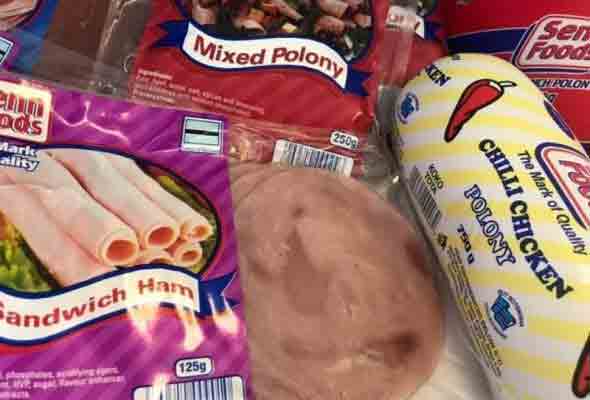- Government calls on Senn Foods to comply with waste disposal regulations
- Minister says Senn Foods commenced operations before Act
- Report called on Senn Foods to cease open burning of waste
- Brink calls for uniformity in application of law
THATO OBUSITSWE
The owner and Chief Executive Officer of Senn Foods Botswana Dereck Brink has advised that an environmental impact evaluation will be concluded within a week to access allegations of pollution and waste management practices following a warning from Government.
The Minister of Environment, Natural Resources Conservation and Tourism, Tshekedi Khama informed Parliament that the Senn Foods factory and abattoir in Tlokweng are not authorised to burn waste in open spaces as they emitt hazardous and toxic gases into the environment. The Botswana Gazette is aware that Tlokweng residents have complained to their area MP over the emissions, which they claim are detrimental to their health and to the environment.
Khama revealed that on June 5, 2018, his ministry conducted an inspection at the Senn Foods operations, which encompassed the abattoir, where 150 cattle were slaughtered per day, the feedlot for fattening animals and the solid waste and process water disposal sites.
The Environmental Assessment Act provides that installations for slaughter of animals with a throughput of 50 animals or more per day that are within a kilometre of an area classified as sensitive, such as residential areas, must be subjected to environmental impact assessment.
The Minister was responding to a question in Parliament from Tlokweng MP, Masego Segokgo who had sought clarification on whether Senn Foods was authorised to dispose waste by burning and if so, was the minister aware that waste burnt in open spaces emitted hazardous and toxic gases, which are a health hazard to residents of Sefoke and Masetlheng wards in Tlokweng and surrounding areas.
The Minister in his response advised that Senn Foods was established prior to the enactment of the Environmental Assessment Act and therefore no environmental assessment was conducted. “However, my Ministry through the Department of Environmental Affairs on realizing the adverse environmental impact emanating from the operation of the project, has advised the management of Senn Foods to prepare an environmental management plan to manage the impacts of all operations of the abattoir,” Khama stated.
Tlokweng MP sought clarity from the minister as to whether his ministry would be taking imminent remedial action to ensure that the practice of burning waste ceased and replaced with an environmentally friendly waste disposal system.
A team of technical officers from DEA and South east district Council undertook investigations into the alleged pollution and poor waste management practices at Senn Food abattoir premises on June 5, 2018. A detailed assessment report was prepared and presented to Senn Foods to address the concerns raised.
Speaking to this publication yesterday, Brink said that his abattoir had no qualms with complying with the instruction from the Ministry but complained that the company appears to be the subject of undue focus, while other private abattoirs are not being subjected to the same scrutiny for lack of compliance with the law.
“We have confirmed with the Office of the President that will accommodate the instruction to address the issues and we will follow up with the Chief. All we expect is for every other private abattoirs to be subjected to the same treatment as us, like those in Lobatse and the ostrich abattoir, as of now it seems very unfair,” Brink complained. Following the inspection in June, Senn Foods was instructed to, among other things, desist from burning of waste in the open, with immediate effect.
Senn Foods is part of the Derek Brink Holdings Group (DBH) of companies, which has interest in feedlots, chicken (both layer and boiler) farms, meat processing, abattoir, butcheries and game ranching. It has a constant supply of feedlot cattle throughout the year with over 5,000 animals at the feedlot and additional backup supply chains in Ghanzi that enable it to supply 63% of Botswana’s fresh meat and processed meat volumes.
Senn Foods operates a Biltong Factory which cost the company P4 million and employs 22 people as well as a Canning Plant budgeted for P30 million. Established in 2016 the Canning Plant employs close to 60 people.
Pic : http://www.botswanayouth.com/

